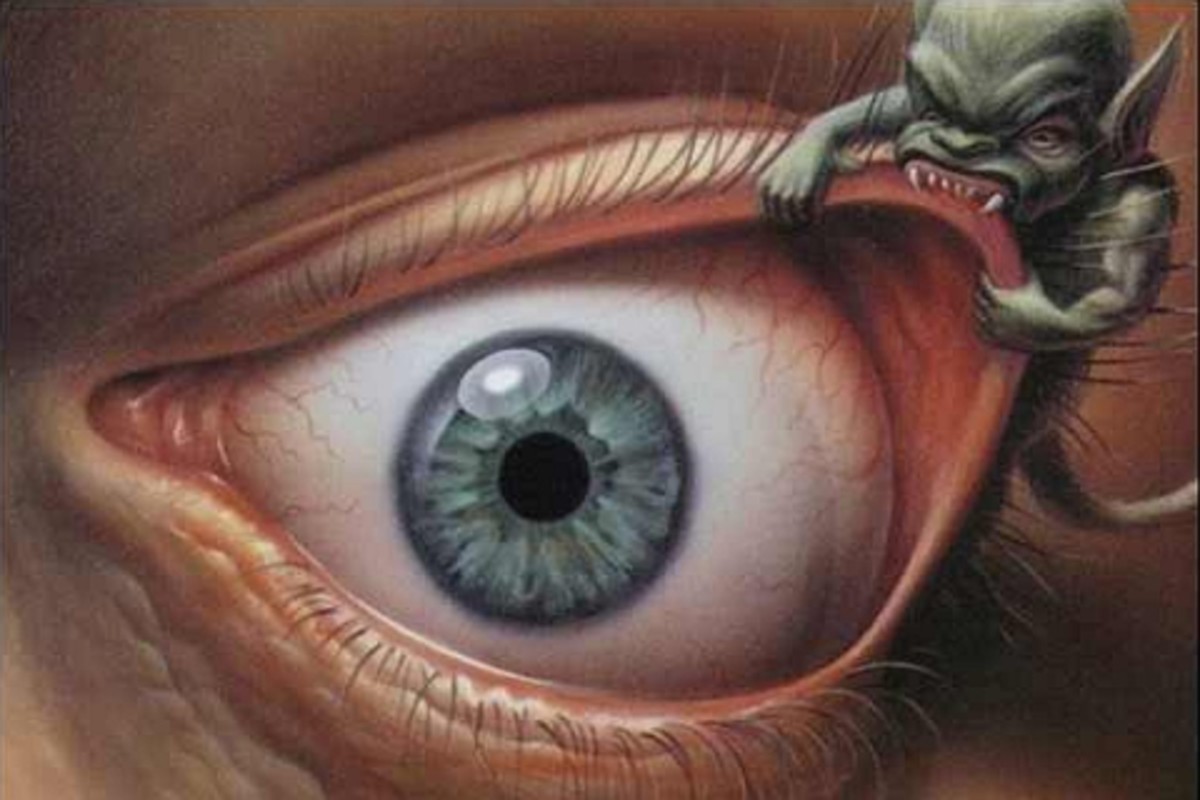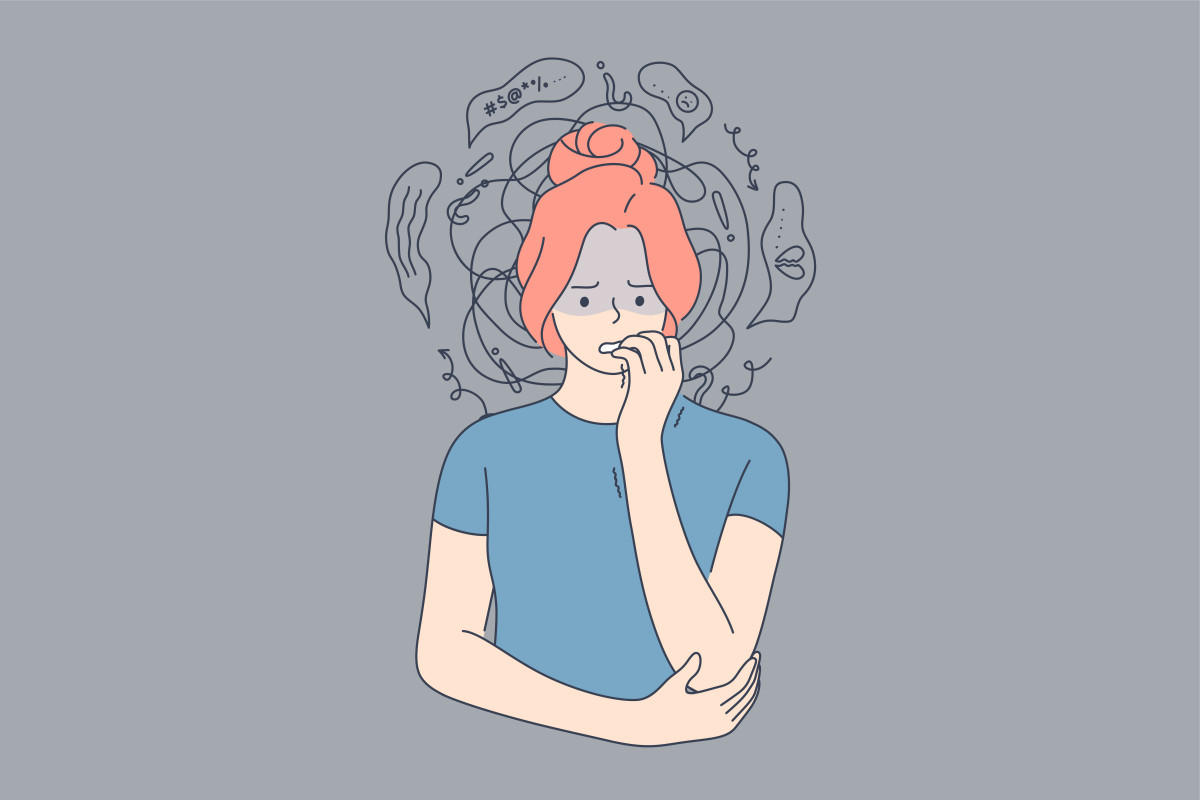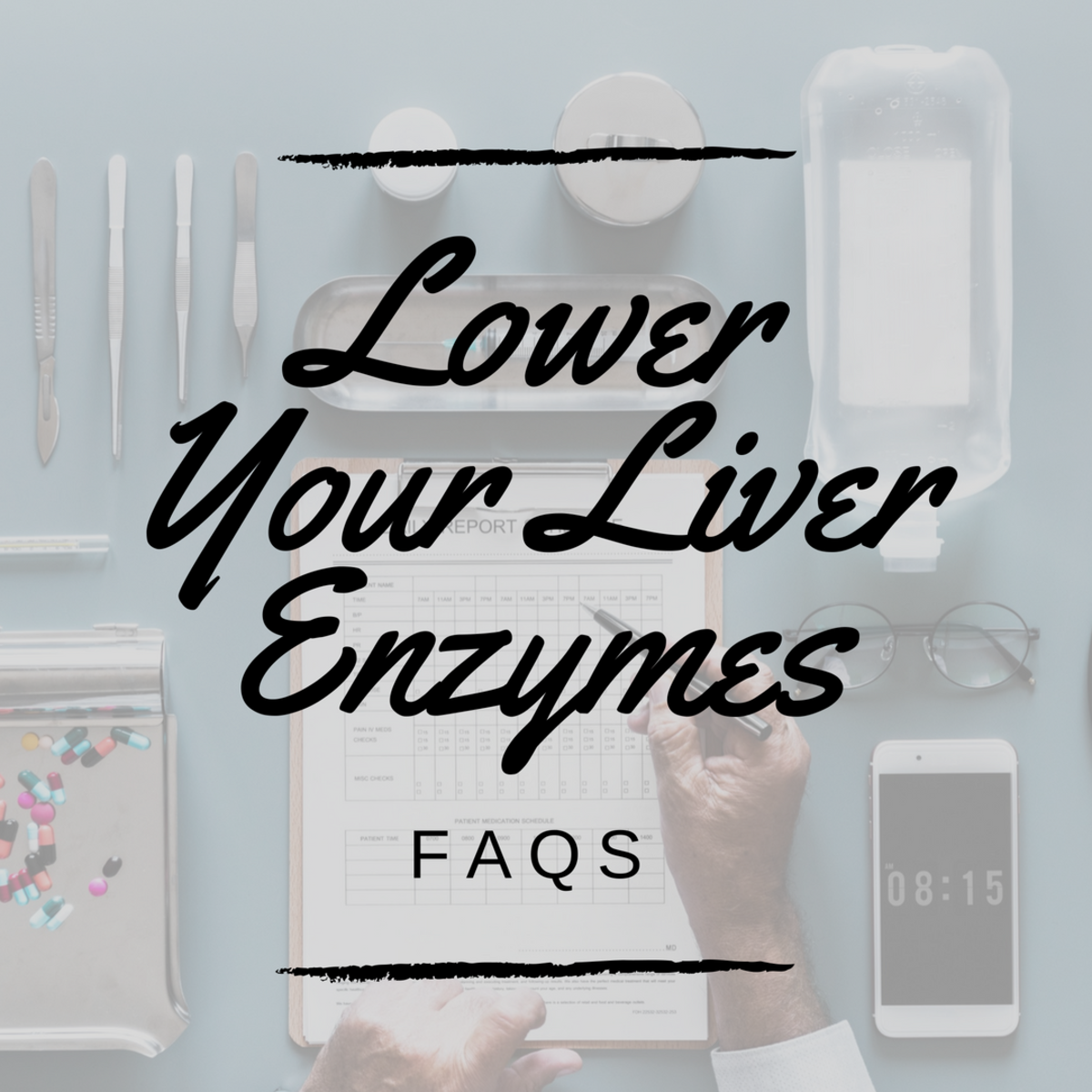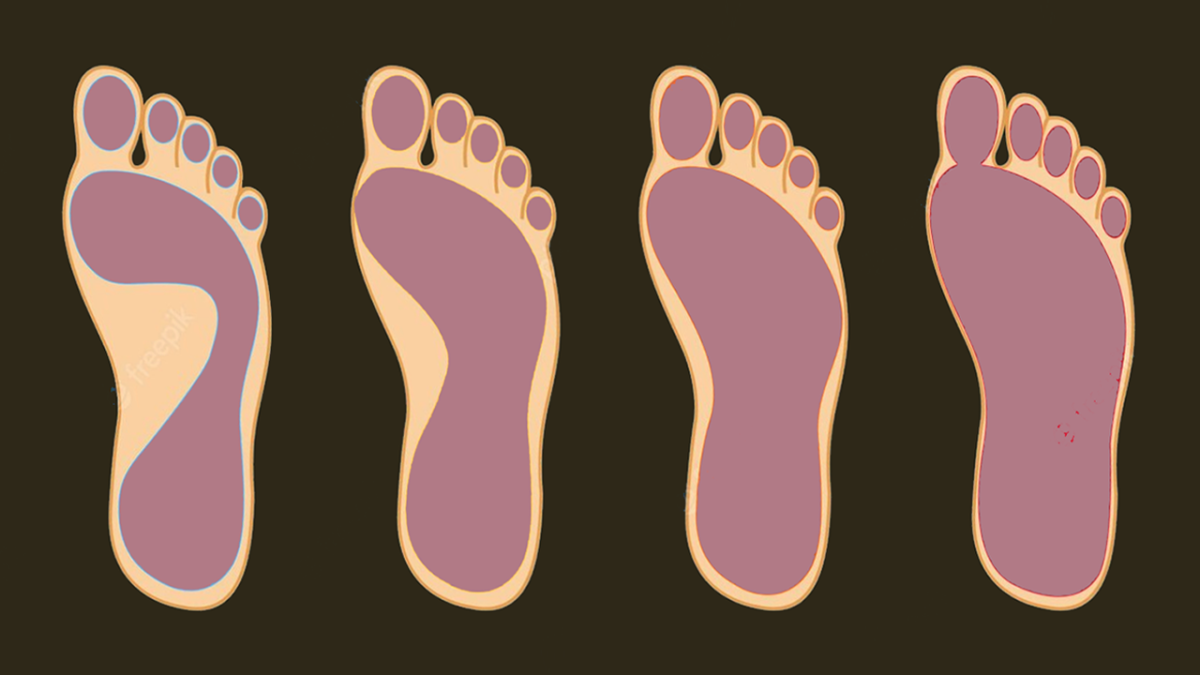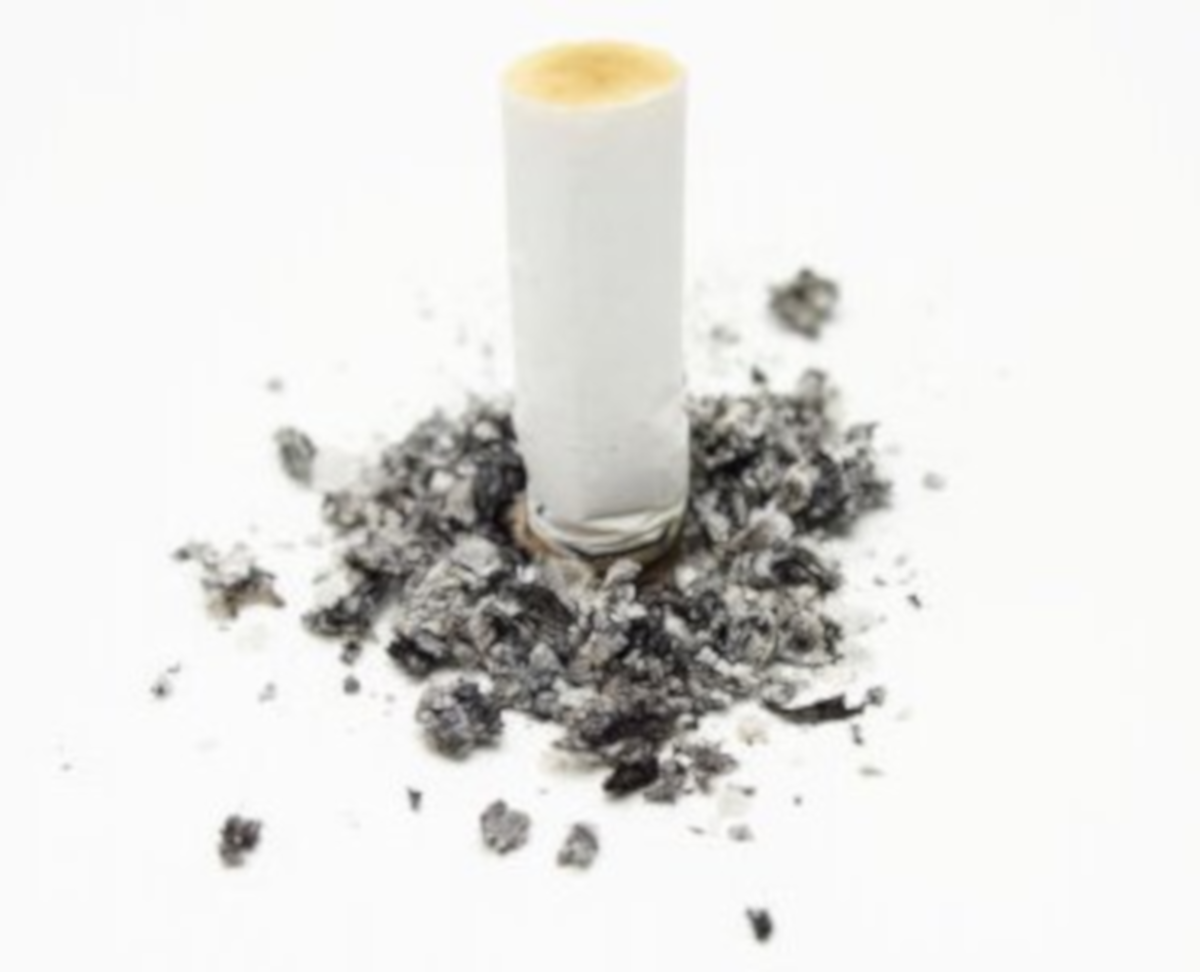Does CBD Really Help With Insomnia? How Much Should I Take? How Does It Work? Is It Safe?
Sleep and heal at the same time
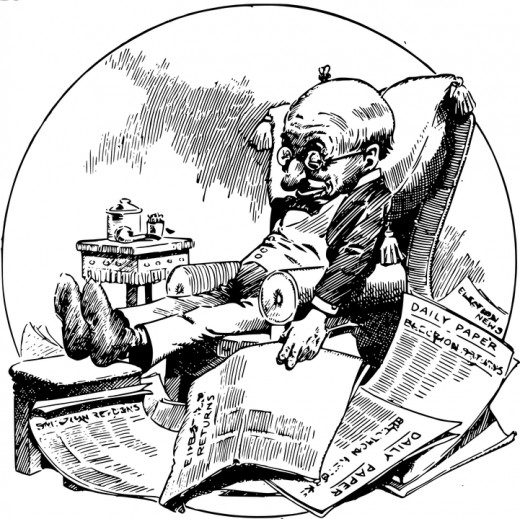
Does CBD really help with insomnia and other sleep disorders?
YES, but not in the way you might think!
In short, the introduction of CBD into the body does most of its “work” by stimulating and exercising more light receptors during the day causing improved nighttime relaxation and deeper rest. Routine CBD therapy helps your brain regulate the already naturally occurring endocannabinoids to help create a better night/day balance. This effect provides for the alertness and improved outlook during the day and drowsiness at night.A consistent routine and regulated dosing have shown to have the biggest long-term effect. In fact, as the body and brain become more trained, less CBD is required and dosages can be reduced.
Did you know? The same CBD therapy used for insomnia and other sleep disorders is also used to treat anxiety challenges. CBD is also known as an anti-anxiolytic which is also the trigger that fights off episodes of anxiety which also is a major contributing factor in addressing insomnia.
The hard part: dosage
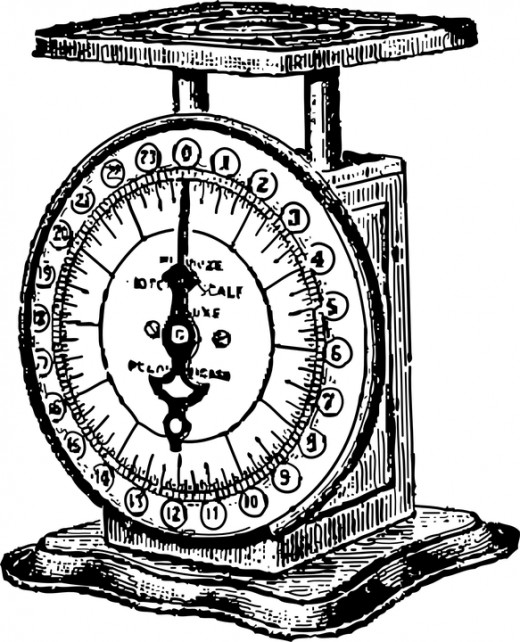
How much should I take?
As research continues to advance, so does the need for more precise dosage to effectively treat ailments, diseases; or condition. One of the sticking points with the FDA is that in order for them to consider is a standard consistency in dosage.
There are a lot of differing opinions even from clinical trials and testing. The FDA has criteria to grant an approval, but first, it helps to understand the steps that the FDA has in place to help make it happen. Note especially item number "5" as it relates to dosages. This information comes from the FDA itself.
What does the FDA have to say? What is their criteria?
This directly from the food and drug administration:
U.S Food And Drug Administration:
-
The indication for which the drug has been shown to be effective in treating, including specific uses in children or the elderly, if any.
-
What patients may benefit from its use, including information about whether the drug has been tested in children.
-
What adverse effects have been reported for individuals taking the drug?
-
How the drug should be taken (e.g., orally, intravenously).
-
The dose of the drug that is recommended to be used.How the drug is made (e.g., as a pill, liquid) and what is in the drug, including both active and inactive ingredients
I would encourage you to visit the U.S Food and Drug Administration website and explore specifically, FDA and CBD reports, studies, and clinical trials. I've created this direct link to get you right there which goes into even greater detail and outlines the expedited procedures to approve CBD in various forms.
FDA Stamp of Approval Coming Soon
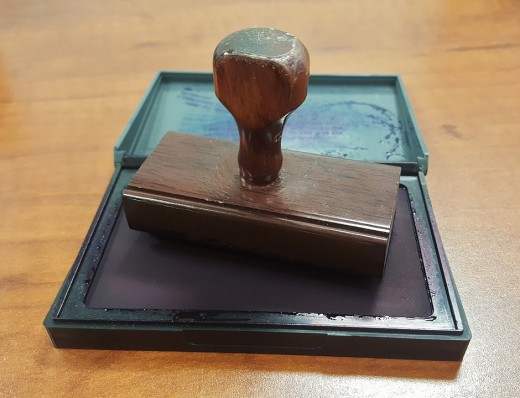
Factors to consider
And so, with that being said, figuring out the right dosage for you and addressing insomnia, sleep disorders, and anxiety issues will be dependent on a combination of factors like severity of the condition, general body health, routine, age, and body size.
The really cool thing about CBD oil is that you can not overdose...it doesn't work that way. Every person who uses CBD in their therapy and in routine will discover for themselves, when to take more and when to take less. The more you stay consistent, the better you are able to make minute adjustments. After all, you are simply giving your body what it needs to do what it wants to do, and that is, heal itself.
Mayo Clinic suggested dosage
-
To increase appetite in cancer patients: 2.5 milligrams of THC by mouth with or without 1 mg of CBD for six weeks
-
To treat chronic pain: 2.5-20 mg CBD by mouth for an average of 25 days
-
To treat epilepsy: 200-300 mg of CBD by mouth daily for up to 4.5 months
-
To treat movement problems associated with Huntington’s disease: 10 mg per kilogram of CBD by mouth daily for six weeks
-
To treat sleep disorders: 40-160 mg CBD by mouth.
-
To treat multiple sclerosis symptoms: Cannabis plant extracts containing 2.5-120 milligrams of a THC-CBD combination by mouth daily for 2-15 weeks. A mouth spray might contain 2.7 milligrams of THC and 2.5 milligrams of CBD at doses of 2.5-120 milligram for up to eight weeks. Patients typically use eight sprays within any three hours, with a maximum of 48 sprays in any 24-hour period.
-
To treat schizophrenia: 40-1,280 mg CBD by mouth daily for up to four weeks
-
To treat glaucoma: a single CBD dose of 20-40 mg under the tongue. Doses greater than 40 mg may actually increase eye pressure.
According to CannLabs, the nation’s top full-service testing lab for cannabis products, there is no established lethal CBD dosage ad consumers should read product inserts carefully to ensure they are taking the right amount of CBD, and talk to the prescribing physician about any questions or concerns.
More Info, research, clinical trials. Take charge of your health!
Here is a great link below to help you dig deeper. I encourage everyone to take charge of your health and do due diligence and investigate. For me, I do it non stop, always digging deeper. Thanks for reading. Joel
https://www.projectcbd.org/
(I trust this site)
PS: Check out the FDA website...very user-friendly and full of links leading to the actual reports, clinical trials, political status, and more.




